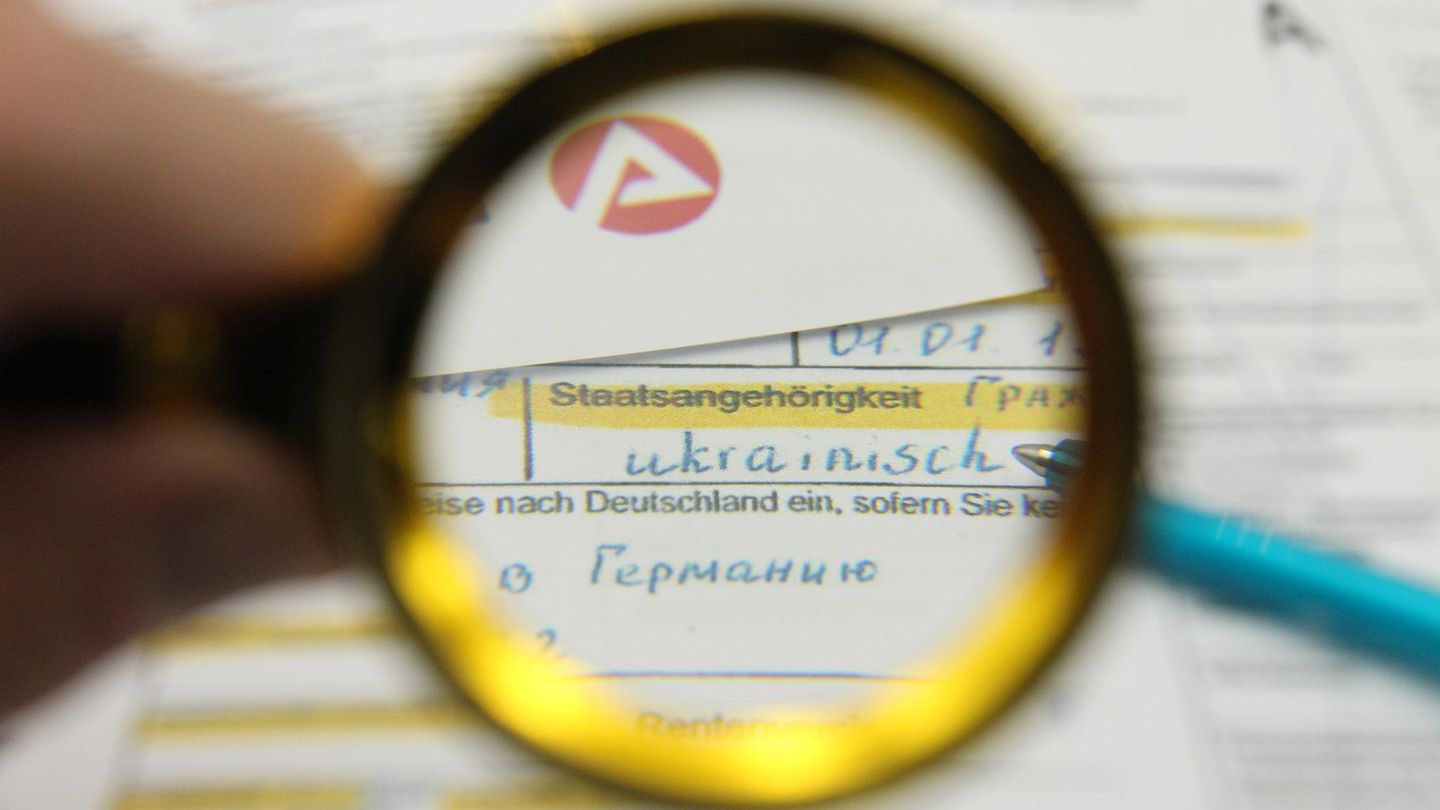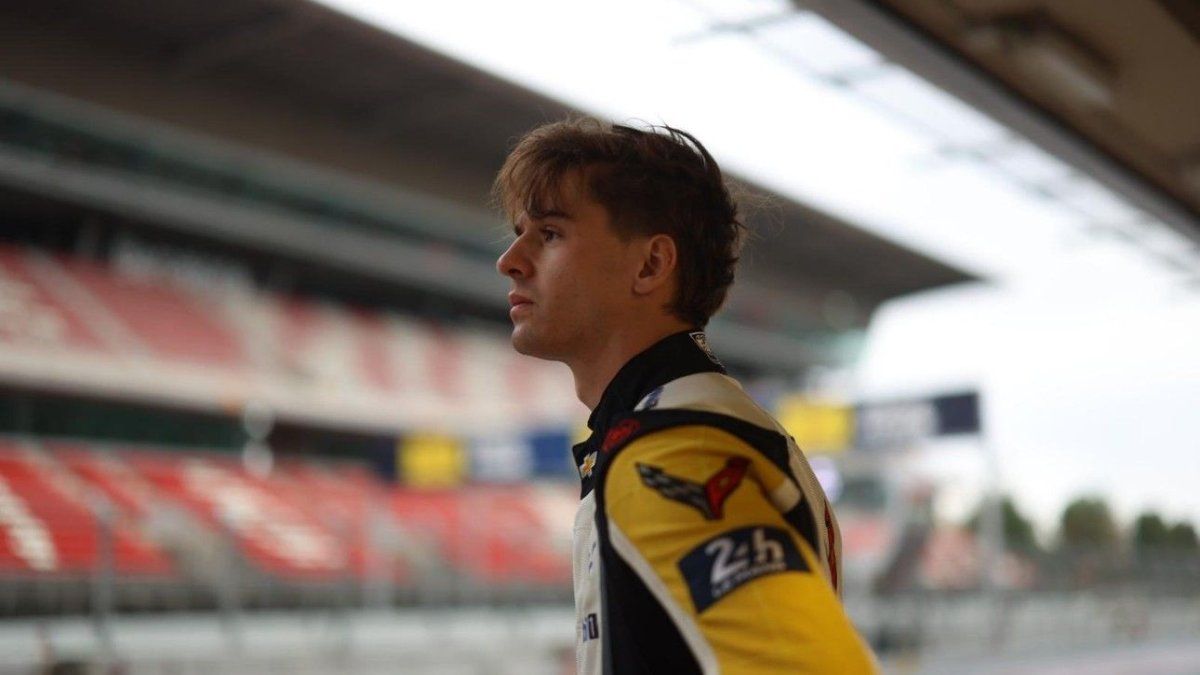“We say to us Dutch doctors that we can prescribe one thing above all: paracetamol,” doctors tell the Hague in the city hospital with a laugh. A delegation from Austria, led by deputy governor, health officer Christine Haberlander (VP), has given herself this week as an exemplary health system. Digitization is well advanced – also because the lack of personnel in the healthcare system is great.
In fact, the Dutch health system is characterized by the fact that the patients are primarily cared for by their family practice. This often happens on the phone, on which a medically trained specialist carries out a first assessment of the urgency of medical problems. It is not uncommon for the first advice to be: “Take three days of pain and fever-lowering means. If the symptoms do not improve, please contact us.” Reference is also made to further treatments on an official homepage.
- Read too: Promise general practitioners instead of empty
A visit to a hospital outpatient clinic in a hospital is not possible – except for emergencies. The family doctor is the so -called gatekeeper, i.e. as a guardian and bouncer, is the first point of contact in the health system. 14,000 practical doctors work in 5000 group practices, together they (mandatory) also provide a round-the-clock supply in the resident area. There is additional fees for innovations.
Those “system errors”, i.e. patients who are in a hospital without transfer, are first diagnosed here by a general practitioner. The hospital area is much smaller compared to Austria, and the number of beds is also lower.
In addition, there are other systemic differences to Austria: Since a major reform in 2006, several health insurance companies that have been organized privately have been in competition. Seven percent of the insured change the provider annually. Not the insurance companies like our health insurance (ÖGK) negotiate with the doctors. This is done by a state authority NZA that sets the tariffs for the general practitioners. A “zero -wage round” was fixed for 2026. The principles of effectiveness and effective use of resources in the Netherlands therefore play a major role.
This means that the nursing staff has significantly more powers – both in the resident area and in the hospitals. There, specialized nurses decide whether an imaging procedure is required. An experienced nurse with master training reports how much fun her job would do because she has a lot of skills. In this context, there is a lot of talk of relieving the doctors in the Netherlands. Upper Austria’s President of the Medical Association Peter Niedermoser reacts cautiously, he was part of the delegation. There are no volunteer organizations in the rescue transport system. The professional companions (no emergency doctors) carry out the first treatments and – unlike in Austria – can also decide not to take the patients with them and bring them to hospital.
A specialist and election doctor system is de facto, specialists can be found in the hospitals. General practitioners also prescribe orthopedic interludes.
“}”>
Image: Margot Haag
Source: Nachrichten




